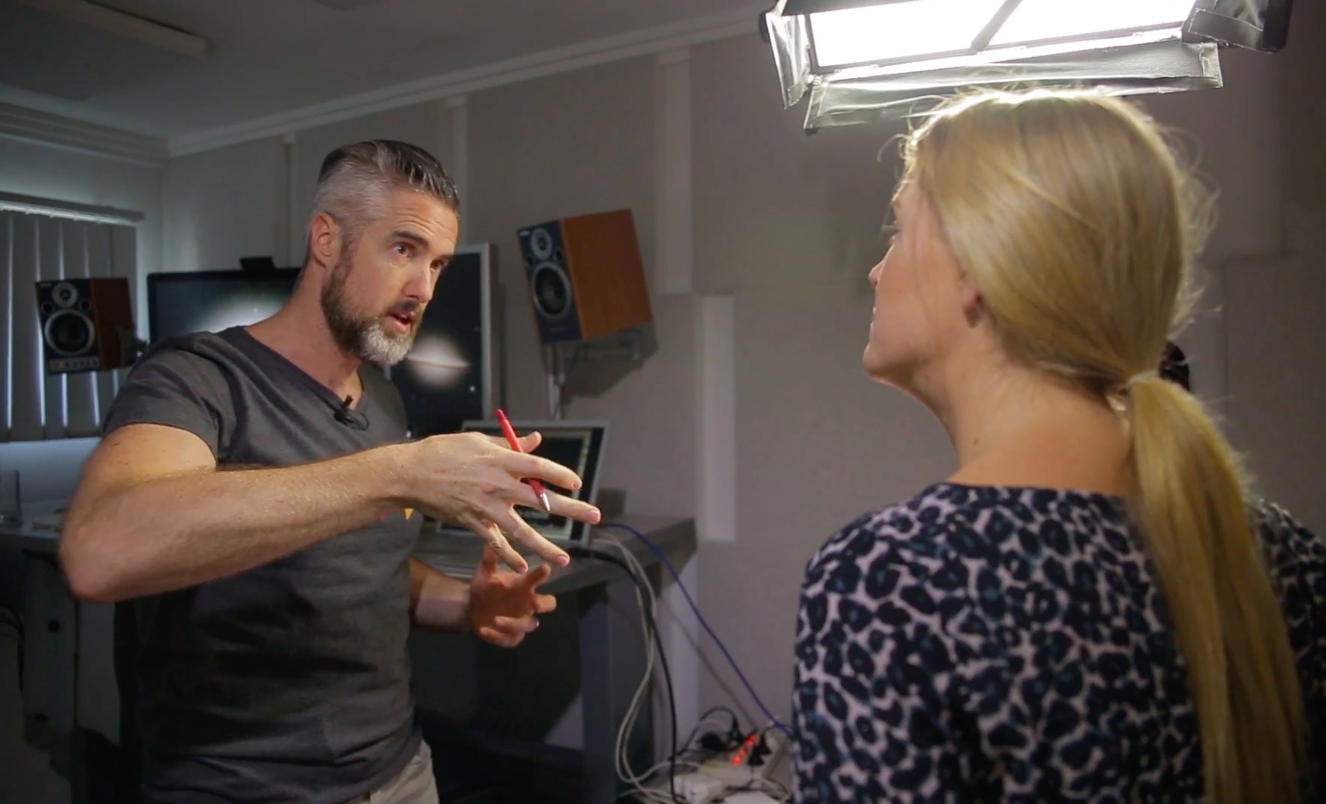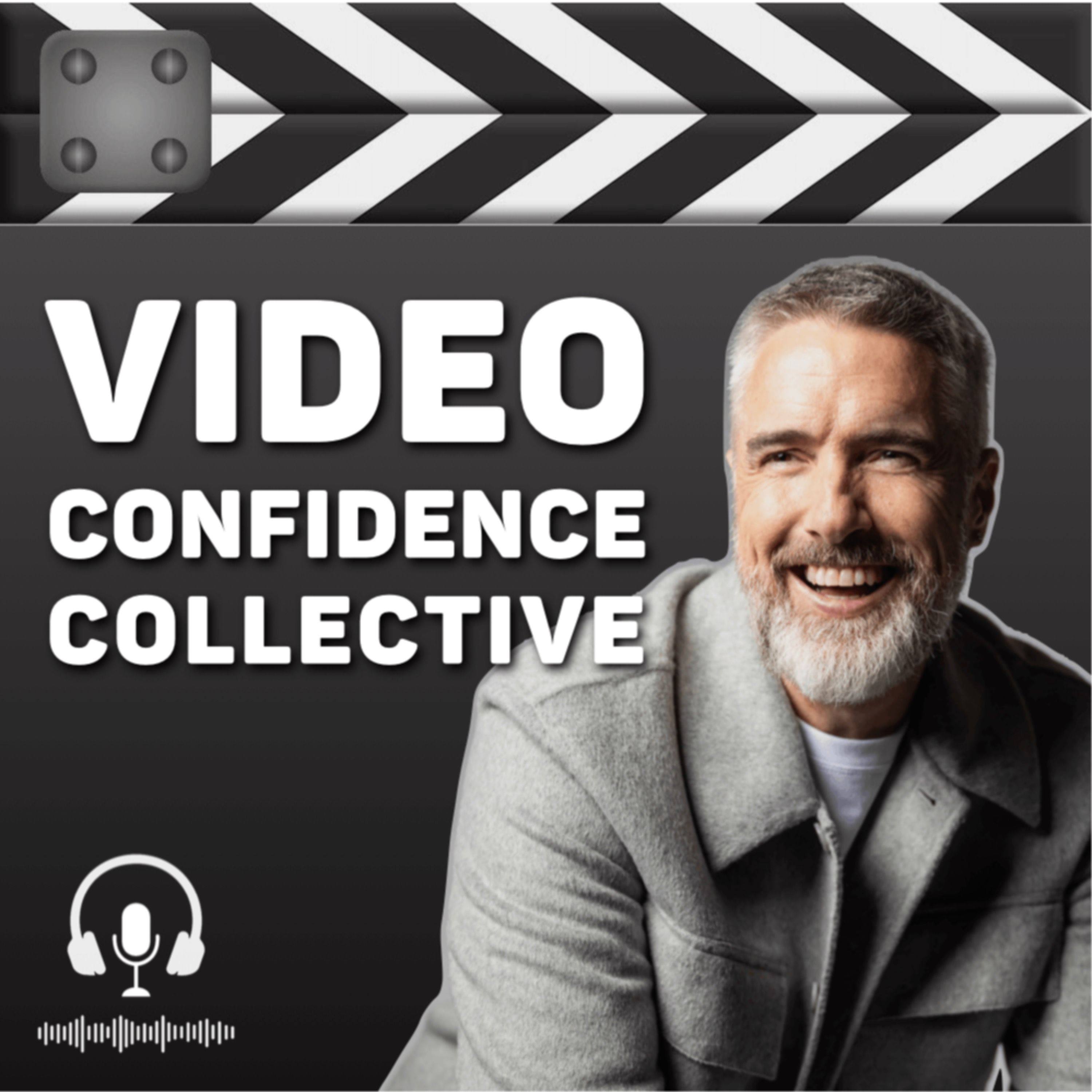3 Things I Wished I Knew Before Speaking in Public
Nov 22, 2021
A person with good communication skills is an asset for himself and for the industry he works in. He doesn’t need to worry about creating relationships. His chance to get ahead in his career or grow his business is better than someone who can’t communicate properly. And yet, a lot of people are not so forthcoming when it comes to presenting in front of the public or on camera.
A 2019 study shows that 75% of people fear speaking in public - that means 3 out of 4 people suffer from speech anxiety. The symptoms are all too familiar: shaky voice, excessive sweating, mind going blank the moment the cue was on, losing track of thought, and before long, even losing nerve and composure.
These telltale signs show that your fight-and-flight response has been activated. You have tripped the threat signals and it's sending your body into haywire. For someone who’s about to present to people, this is a dire situation to be in.
But what triggers this adrenaline rush when there’s no physical threat? What thoughts attack you that renders your body frozen in fear?
Here are 3 Reasons Why You Buckle In Your Speech.
1. Because you made a mistake and couldn't get past making a fool of yourself .

When professional speakers appear in events or on screen, they make it seem like presenting is a breeze. They come off spontaneous, interesting, witty, and perfect -- everything you feel you are not.
So the moment you slip, you become so conscious that your enthusiasm has noticeably dropped. The words had scrambled in your head. You try to recover by checking notes, but the longer you let dead air hover, the more conscious you feel that your audience is becoming restless. You become sensitive and start noticing noises like a camera shutter, that you start suspecting they’re already making a meme out of you. Whatever it is you think is happening after your first blunder, you have lost your focus and something else is rising in your throat. So you promise yourself you’re never doing this again.
2. Because you think people will judge your work and what you do.

So you’re an expert in your field and you’ve been in the industry for decades. But the thought of standing in front of your colleagues to present your life’s work frightens you. You imagine them nitpicking your research, disagreeing with your findings or comparing notes. You start thinking that you’ll lose your reputation, your friends, and the trust you’ve built over the years. So no, you’re not going to stand on stage and endure that pressure.
3. Because you believe you’re not the best person to talk about this.
You’ve had a long career in your chosen profession and even had accomplishments. And yet, while giving your speech, you keep thinking you’re not the right person to talk about this, that there’s another person who’s better at presenting this topic than you. Because of this, you start editing your speech live, and then skip slides, as they’re better off explained by another person. Your confidence plummets and the words disappear from your head.
Things I wished I knew before speaking in public

Best-selling author Andy Andrews wrote a conversation about approaching fears and negativity in his self-help book The Noticer: Sometimes, All You Need is a Little Perspective:
“Worry… fear… is just a misuse of the creative imagination that has been placed in each of us. Because we are smart and creative, we imagine all the things that could happen, that might happen, that will happen if this or that happens.”
So, it stands to reason that you should address these concerns with logic as well, and acknowledge that things are not restricted by a single perspective.
1. It’s okay to make mistakes.
Perfection is an illusion. Just as the globe is not a perfect sphere, and the biggest flower in the world stinks, it’s human to make mistakes, and that’s okay. I mean, you don’t hear the planet and the flower apologizing. Why should you?
The professional speakers and TV presenters? They’ve made hundreds of embarrassing blunders before getting to where they are now. They have learned to how to deal with it. It’s just easier to cut that out on video.

Robert Kiyosaki, author of Rich Dad, Poor Dad said, “In school we learn that mistakes are bad, and we are punished for making them. Yet, if you look at the way humans are designed to learn, we learn by making mistakes. We learn to walk by falling down. If we never fell down, we would never walk.”
So fail fast and move on.
2. Counter your fears with questions.
In the Video Made Simple podcast, guest speaker Brenden Kumarasamy, a public speaking coach and founder of Mastertalk, offers his perspective on presenting to people with this question: “How would the world change if you’re an exceptional communicator?”
This question shifts your thinking process from what you’re imagining may happen to you to how your message can leave an impact to your audience. Kumarasamy further points out that “as long as the message is more important than fear, the fear loses in the end.”

Remember, in a presentation or any public speaking engagement, your focus is to present the problem and give a solution. This helps you focus on your priority and responsibility as a speaker.
3. You are enough.
The fact that you’re standing before people to deliver your message or solution is enough. That fact that you were invited amongst a sea of other experts, is enough. Maybe there are others who do speak better. But at this moment, when you’re standing before an expecting crowd, your message is as important as their presence. Acknowledge your accomplishments and share your hard-earned insights with them. The odds of people experiencing similar problems in their career or relationships are high, and they will be interested to hear your approach.
Train to become a pro and set goals

They say it is important to train your mind like you train your body.
Instead of doing mental exercise on your own, why not consider booking a training session with an expert so you can speak better in public or prepare better presentations? This will help you get accustomed to speaking with a group of people or to a camera. This will give you long-term benefits for your career, business, or relationships. Take control of what you can and build your confidence from there.
As public speaker and business owner Donald Miller once said, “if you can write and speak, you are deadly. You can change the world.”
Written by Christine C. Camarillo
Want to make your on-camera presenting easy and build better on-screen presence like a pro? Check out ridgefilms.com.au/On-Camera-Training and get trained by Google’s highest-rated video company in Australia.
Chris Schwager
Chris Schwager is an Inbound Video Marketing Specialist with 20+ year history as a Video Director, Script Writer and Presenter as well as a regular Podcast Host and video coach. He's on a mission to change how Corporate Organisations, Government & Small Businesses use DIY and professional videos to improve communication, leads and sales.


